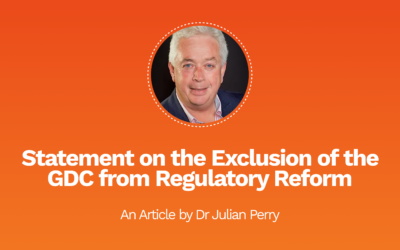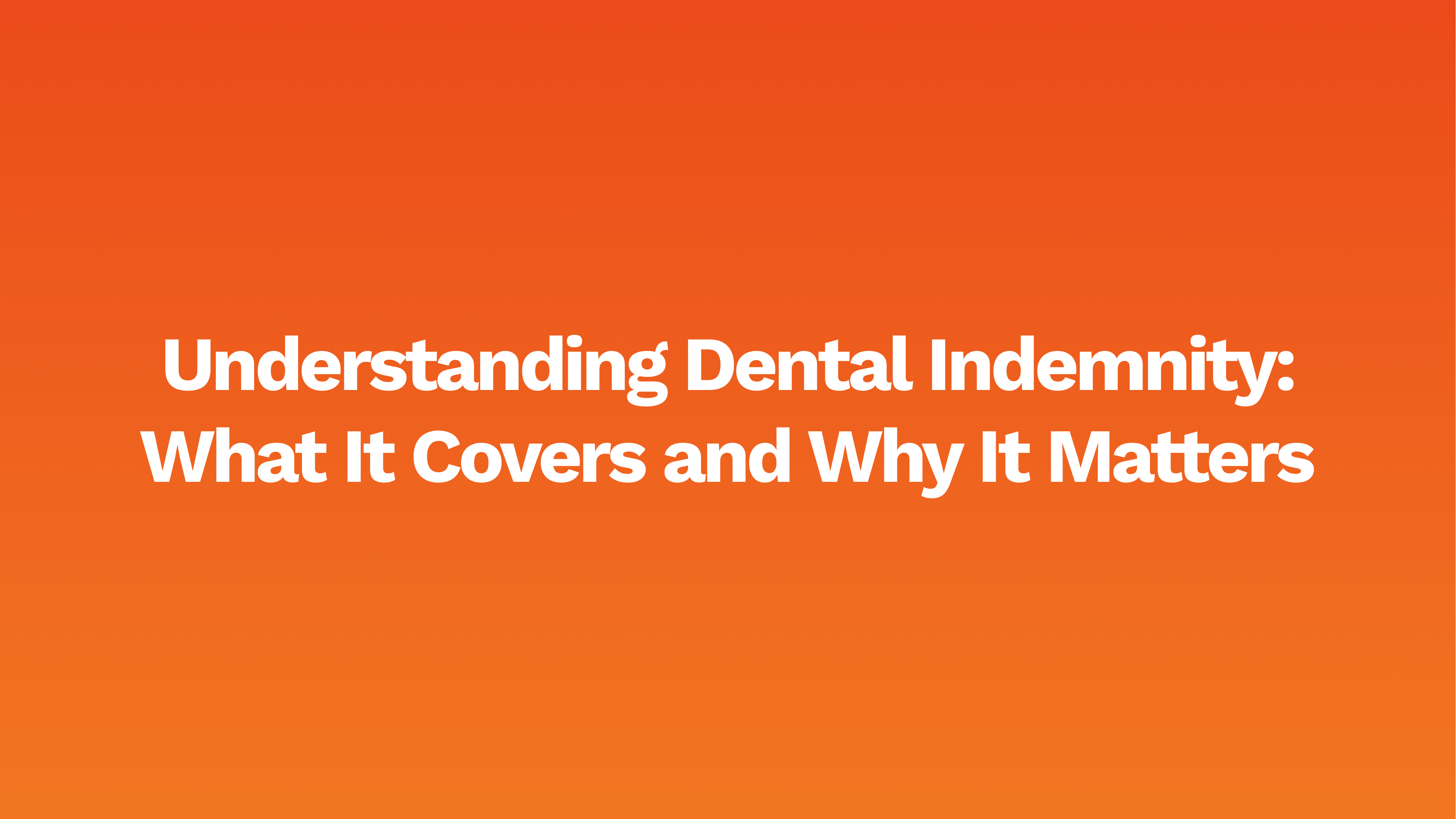As a dental indemnity insurance provider, our primary concern is the wellbeing of dental professionals and the sustainability of their practices. The recent report by England’s Health Ombudsman highlights the increasing challenges faced by dental practitioners in the NHS, including rising complaints, upheld grievances, and systemic barriers to care. It emphasises the critical need for comprehensive indemnity coverage and support systems for dental professionals.
The significant increase in complaints and the Ombudsman’s investigation outcomes point to an environment of heightened legal and financial risks for dentists. As dental indemnity providers, we must ensure that our policies are robust enough to protect our clients from the complexities of legal claims, whether they arise from misunderstandings over fees, the quality of care, or issues of accessibility.
Senior Partner at Densura, Kevin Culliney says,
“Effective dental indemnity goes way beyond having a robust contract of insurance. Of course this is important, and in 2023 it does not seem credible that the dental defence organisations are still unregulated and allowed to exercise discretion. However, in order to fully protect dentists, insurance needs to be supported by a robust infrastructure, one that offers legally qualified practicing dentists, empathetic to the plight of dentists in practice today and armed with the skills and experience to defend them. In turn these dental advisers they should be supported by an in-house legal team, there to advocate for the dentist and not for the insurer or dental defence organisation. Only by accessing the ‘full package’ can dentists feel free to practice freely, not defensively, safe in the knowledge that while they care for their patients someone – and in our case, Densura – is caring for them”
Communication and Consent: Two Factors in Reducing Dental Indemnity Claims
The Ombudsman’s report underscores the necessity for clear communication between dentists and patients, particularly regarding treatment options, exemption statuses, and fee structures. Not only do we advocate for practices to have access to resources that assist in patient education, thereby reducing the potential for disputes, we have taken a step towards assisting in that with our partnership with iConsentu. All our members get access to iConsentu, which is a consent app focused around patient education and informed consent. This not only protects our clients but also aids in maintaining the integrity of the dental profession.
Furthermore, the recommendations for improving patient information and transparency about NHS dental services and fees align with our belief that informed patients can make better decisions about their care. This reduces the likelihood of complaints and the subsequent need for our intervention. As such, we support initiatives aimed at enhancing the clarity and availability of information for patients.
We’re on your side
It’s also essential for us to work closely with dental professionals to understand the pressures they face, including low morale and recruitment challenges. By recognising these issues, we can offer tailored indemnity solutions and support that address the specific risks inherent in today’s dental practice environment.
Ultimately, we believe in a proactive approach to risk management, one that includes comprehensive indemnity coverage, educational support, and advocacy for systemic reforms that benefit both patients and dental professionals. The Ombudsman’s findings are a call to action for us to continue evolving our services to meet the needs of a changing healthcare landscape, ensuring that dental professionals are protected and can continue to provide quality care with confidence.
Author: Densura



